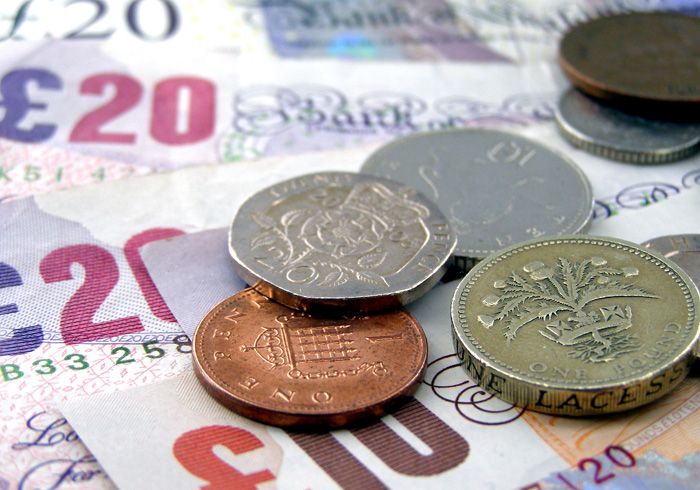The move was announced by the Dutch Parliament as world leaders began to converge on St Petersburg in Russia for the latest G20 conference where corporate tax evasion and avoidance is set be a key item on the agenda.
Lilianne Ploumen, Holland’s minister for foreign trade and development cooperation, together with Frans Weekers, state secretary for finance, jointly revealed the news to the Dutch Lower House in a letter.
While the Netherlands has tax treaties with over 90 countries, recent studies reveal that its tax treaty with Zambia, stemming from 1977, is ‘outdated’, and ‘most treaties comprise no anti-abuse clauses’ meaning that ‘unintended use continues to be a risk’.
Ploumen said:
‘By making use of loopholes in tax treaties in combination with differences between national tax rules, internationally operating companies can avoid paying tax. It means that poor countries miss out on tax revenues, funds they clearly need for matters such as infrastructure and education.’
The Dutch government says it wants to help developing countries to halt such losses, ideally through internationally-binding measures.
Currently, around 23,500 multinational companies are headquartered in Holland and benefit from favourable tax rates.
The tax system ensures around £1.5bn of taxes and revenues are generated just by the businesses servicing these ‘PO-box’ companies - around 0.3% of Dutch GDP.
Weekers added:
‘The Dutch government favours a worldwide tightening of the rules and greater transparency through consultations in the OECD, G20 and the EU. Measures taken by the Netherlands on its own cannot prevent companies from using a different route; they merely shift the problem. But there are some things we can do. And so we will focus our efforts on improving transparency.’
Among the key areas to be tackled by the Dutch are the introduction of laws that impose ‘substantial activity requirements - whereby companies must run genuine risks in the Netherlands and the actual management of the company must be conducted in the Netherlands’.
Such an approach will be underscored by the Dutch ‘informing its treaty partners spontaneously when, in retrospect, a company turns out not to meet the substantial activity requirements’.
And due to ‘improved information exchange with the source country’, that country ‘will be in a position to deny the treaty benefits to a company’.
Holland has also vowed to provide technical assistance to strengthen tax administrations in low and low-middle income countries so that they can collect more tax revenues, reduce the number of unnecessary tax exemptions and combat tax evasion and tax avoidance.



